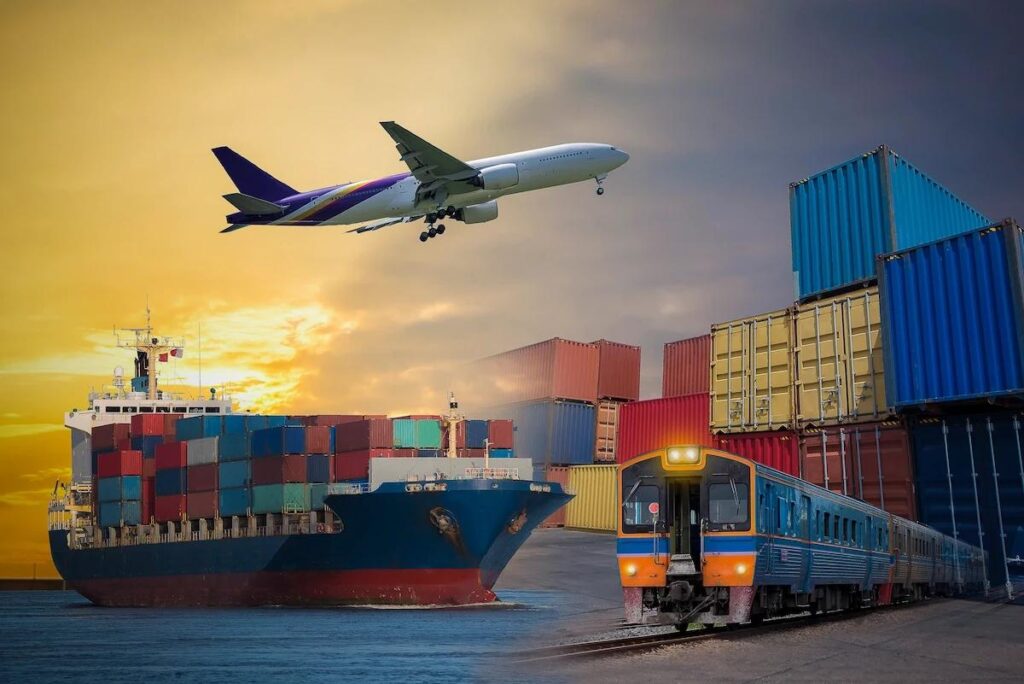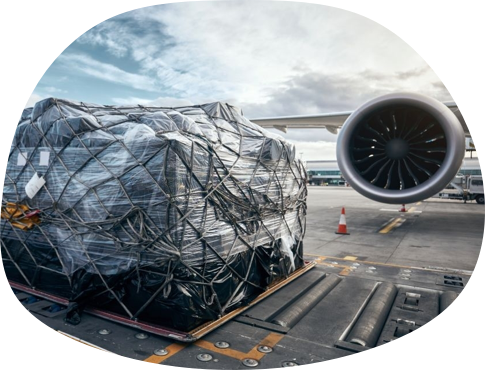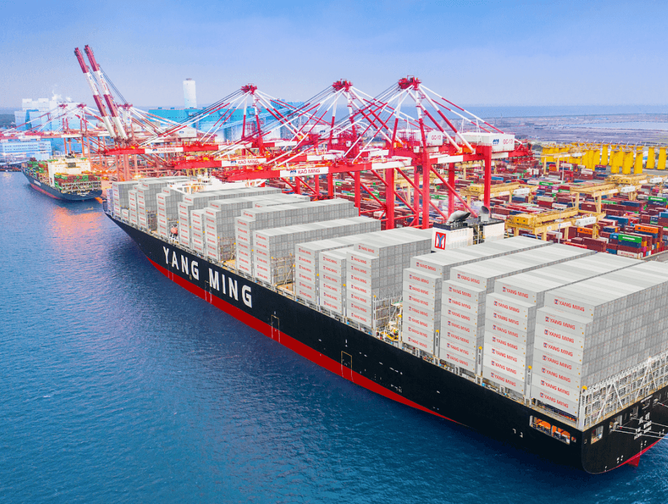- By Della tj
- October 30, 2025
- Customs Brokerage, Shipping
Global trade between China and Europe continues to expand, and with it, the need for the best customs clearance from Shenzhen to Germany grows rapidly. Smooth and compliant clearance ensures that shipments reach German destinations quickly, avoiding costly delays, penalties, or lost sales opportunities. This guide explains how professional logistics management can simplify the entire process for exporters and importers alike.
Why Is Efficient Customs Clearance So Important?
Efficient customs clearance saves both time and money while maintaining regulatory compliance. When importing goods from Shenzhen to Germany, even small mistakes in documentation or tariff classification can delay entire shipments.
| Benefit | Description |
|---|---|
| Faster Delivery | Timely customs processing reduces port dwell times |
| Lower Costs | Minimizes storage, demurrage, and inspection charges |
| Regulatory Compliance | Ensures adherence to EU import standards |
| Supply Chain Stability | Keeps delivery schedules consistent |
Moreover, an experienced customs broker understands European Union import codes and helps businesses maintain transparent supply chain documentation
What Is Included in the Best Customs Clearance from Shenzhen to Germany?
Comprehensive customs clearance involves document preparation, tariff evaluation, tax calculation, and regulatory checks.
| Service | Function |
|---|---|
| Import Declaration Filing | Registers cargo with German customs |
| HS Code Classification | Identifies correct tariff category |
| VAT & Duty Calculation | Prevents overpayment of taxes |
| Cargo Inspection Handling | Manages any customs checks efficiently |
| Delivery Coordination | Ensures release and onward transport |
Additionally, companies that handle customs clearance professionally integrate digital filing systems, which accelerate processing and improve tracking accuracy.
What Documents Are Needed for Customs Clearance?
Accurate documentation is crucial. Missing or incorrect papers often lead to shipment holds, added storage fees, and schedule disruptions.
| Required Document | Description |
|---|---|
| Commercial Invoice | Declares shipment value and product details |
| Packing List | Describes quantity, weight, and packaging |
| Bill of Lading / AWB | Confirms transport contract |
| Certificate of Origin | Proves where goods are produced |
| Import Declaration (Germany) | Registers cargo with customs |
| Insurance Certificate | Protects goods during transit |
Furthermore, digital submission systems now streamline customs procedures, reducing manual errors and accelerating approvals.

How Much Does Customs Clearance Cost from Shenzhen to Germany?
Customs clearance costs depend on shipment size, value, and service level.
| Service Type | Average Cost (USD) | Notes |
|---|---|---|
| Basic Clearance | $90–$150 | For general cargo |
| Full Service (incl. Inspection) | $180–$300 | Includes brokerage |
| VAT & Duty Fees | 19–25% | Based on declared value |
| Storage (if delayed) | $25–$50 per day | Avoidable with fast clearance |
In addition, professional providers often include consultancy to help reduce tax exposure through correct HS codes and EU tariff benefits.
Case Studies: Real Shipments from Shenzhen to Germany
Case 1: Electronics to Hamburg
Cargo: 15 pallets of smart devices
Mode: Air freight
Cost: $180 customs service fee
Transit Time: 5 days
Result: Cleared within 8 hours; no inspection delays, saving 2 days compared to self-managed filings.
Case 2: Machinery to Munich
Cargo: Industrial machinery (12 tons)
Mode: Rail freight
Cost: $270 including inspection management
Transit Time: 17 days
Result: Fast customs release ensured uninterrupted factory installation schedule.
How Do Shipping Methods Affect Customs Procedures?
Shipping mode significantly impacts documentation and clearance timelines.
| Method | Average Transit Time | Customs Complexity | Key Advantage |
|---|---|---|---|
| Air Freight | 5–7 days | Moderate | Speed for urgent cargo |
| Rail Freight | 15–18 days | Low | Stable schedule and eco-friendly |
| Sea Freight | 30–40 days | Higher | Cheapest for bulk shipments |
Moreover, multimodal logistics (e.g., sea–rail) combine cost savings with customs convenience, as entry points like Hamburg or Duisburg are well-equipped for EU imports.
How to Speed Up Customs Clearance?
To ensure fast processing, accurate paperwork and proactive coordination with customs agents are key.
Tips to Accelerate Customs Procedures:
- Submit pre-clearance documents before cargo arrival
- Use experienced customs brokers with EU import expertise
- Ensure HS codes and product values are correct
- Maintain transparent supplier communication
- Apply for Authorized Economic Operator (AEO) status for priority handling
Additionally, real-time digital platforms allow businesses to track cargo status and documentation updates automatically.
Comparing Air, Sea, and Rail Freight for Shenzhen–Germany Shipments
| Feature | Air Freight | Rail Freight | Sea Freight |
|---|---|---|---|
| Transit Time | 5–7 days | 15–18 days | 30–40 days |
| Cost | High | Moderate | Low |
| Environmental Impact | High | Low | Medium |
| Customs Delay Risk | Low | Very Low | Moderate |
| Best For | Urgent goods | Balanced shipments | Large volumes |
In conclusion, pairing the best customs clearance from Shenzhen to Germany with an appropriate shipping method ensures both compliance and efficiency.

Conclusion
To summarize, obtaining the best customs clearance from Shenzhen to Germany is the foundation of efficient international logistics. Professional clearance services minimize delays, ensure regulatory compliance, and keep delivery schedules on track.
Ultimately, companies that invest in expert customs solutions benefit from predictable costs, faster transits, and stronger supply chain reliability. Choosing a professional partner guarantees success in global trade from Shenzhen to Germany — every shipment, every time.
- Consult TJ China Freight Forwarding for the lowest quote. They will provide you with reliable, cost-effective service.
FAQs
Q1.How long does customs clearance take in Germany for shipments from Shenzhen?
Usually between 6–24 hours depending on product category, shipping mode, and the customs broker’s experience with German import systems.
Q2.What are the most common customs clearance mistakes?
Incorrect HS codes, undervaluing goods, missing certificates, or incomplete import declarations often cause unnecessary clearance delays.
Q3.Can I handle customs clearance myself?
Yes, but professional customs agents ensure compliance, reduce risks, and expedite clearance for international import/export operations.
Q4.How can I reduce customs costs from Shenzhen to Germany?
Declare correct HS codes, apply trade agreements, and use bonded warehousing for delayed VAT payment options.
Q5.What documents are essential for smooth customs release?
Commercial invoices, packing lists, certificates of origin, insurance, and import declarations are required for German customs clearance.




